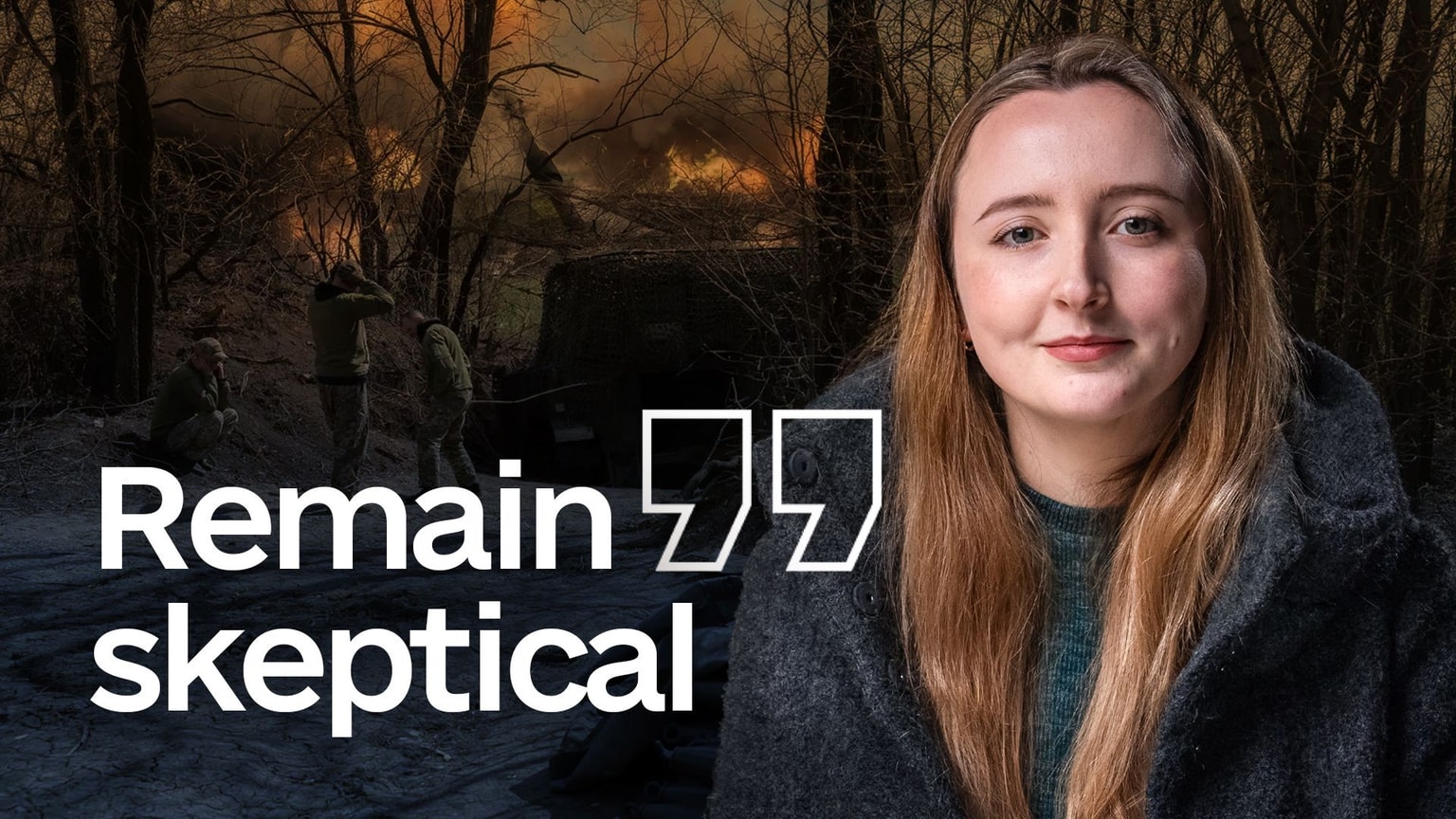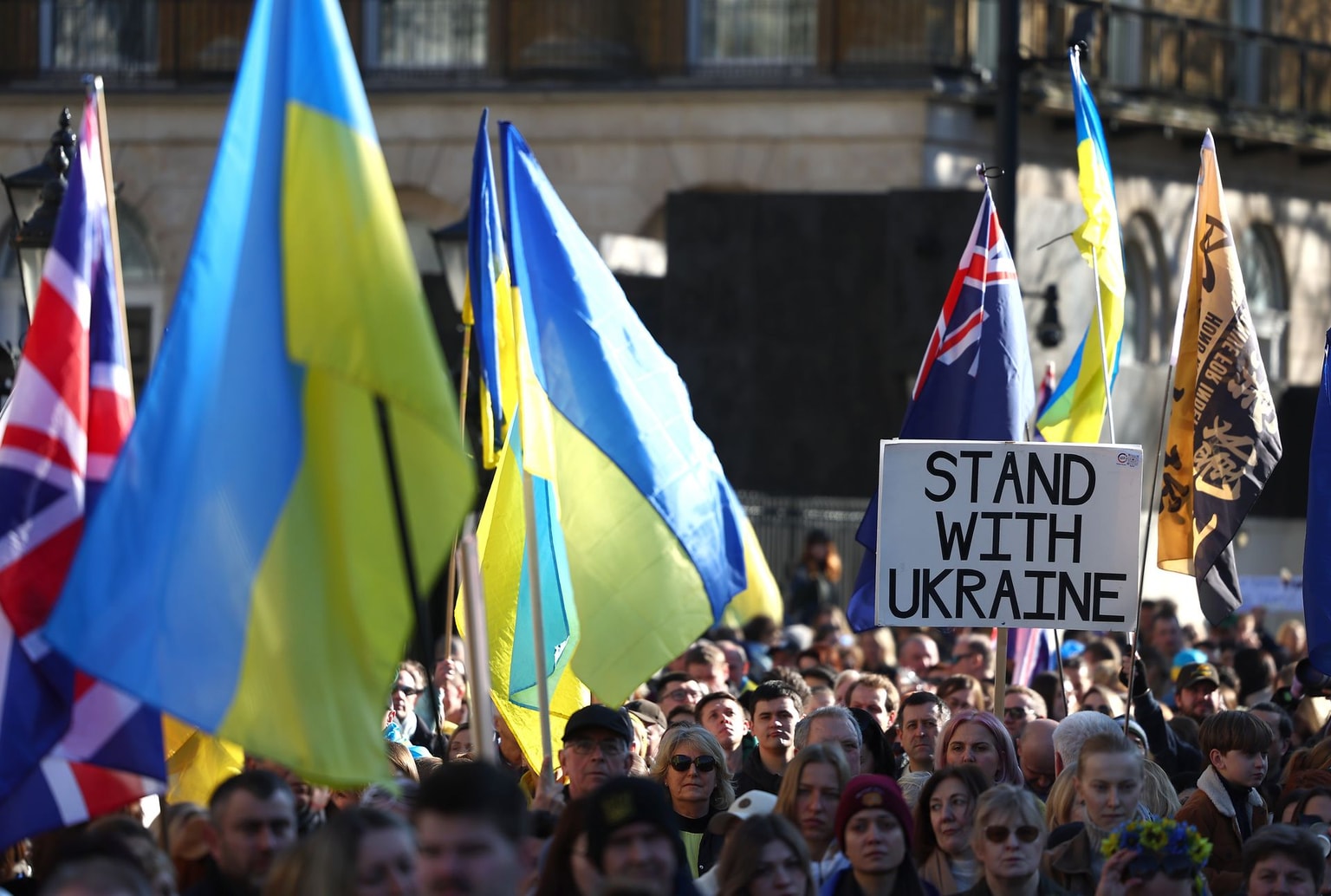
Moldova
More from War
News Feed
Suspect in murder of top Ukrainian ex-official arrested in Germany
The suspect in the murder of former Ukrainian top official Andriy Portnov was arrested in the German town of Heinsberg, Spanish National Police reported on Feb. 25.

1st Ukrainian drone factory starts production in UK, Zaluzhnyi says
Valerii Zaluzhnyi said the launch of Ukrainian drone company Ukrspecsystems' production in the U.K. has "a deep strategic logic" for integration into the British defense industry.

The problem with counting military losses in Russia's war
The Kyiv Independent’s Chris York speaks with Olha Polishchuk, a conflict data analyst who tracks military and civilian deaths in Russia’s war against Ukraine.

Corruption exposed in aircraft shelter project, Air Force logistics commander, SBU official detained
The suspects in the embezzlement scheme were caught "red-handed" while trying to illegally transfer the money, and $320,000 was seized from them, according to Kravchenko.

KI Insights launches new podcast: Ukraine Insights
The Kyiv Independent’s separate analytical unit, KI Insights, is excited to announce the launch of its podcast, Ukraine Insights — a show dedicated to unpacking Ukraine’s politics, security, economy, and international relations through in-depth, expert-driven conversations.

Claiming Ukraine threat, Orban deploys troops to 'protect energy infrastructure'
"I see that Ukraine is preparing further actions aimed at disrupting the operation of Hungary's energy system," Hungarian Prime Minister Viktor Orban claimed.

Most Popular

The plant, legally owned by Energoatom, once employed 159 licensed specialists — the only people authorized to directly operate the plant’s six nuclear reactors, which, prewar, provided over a fifth of Ukraine’s electricity.


















